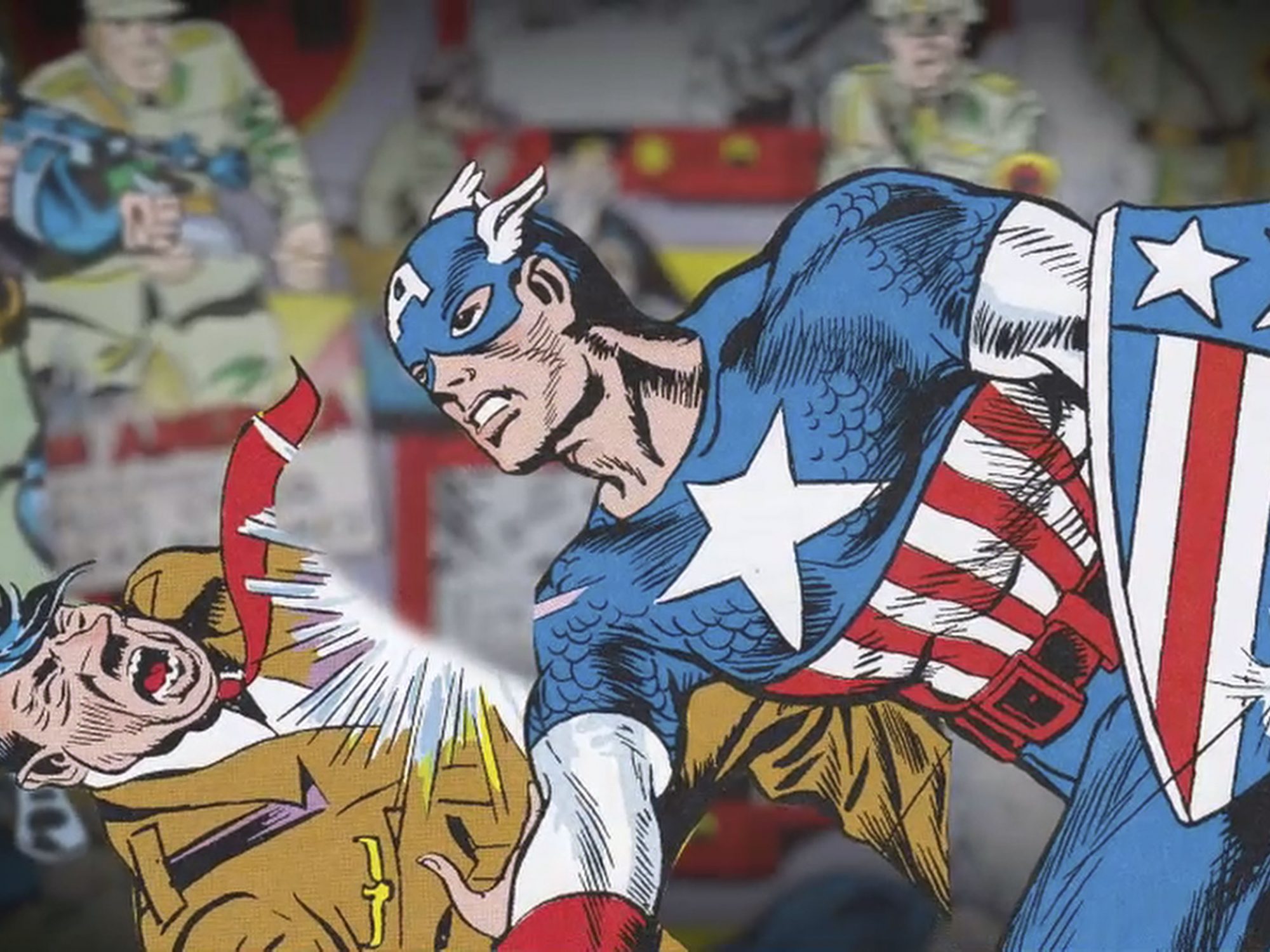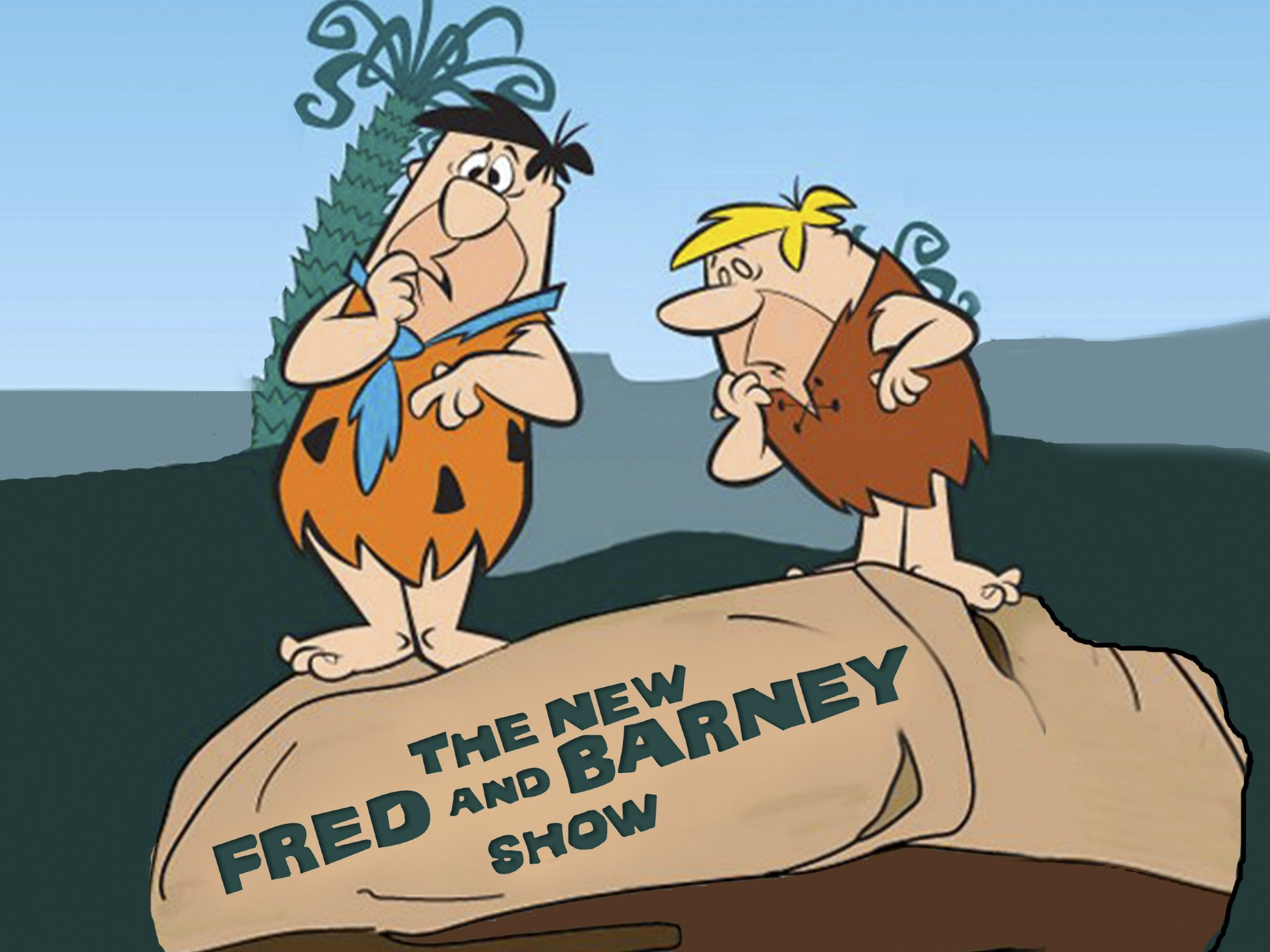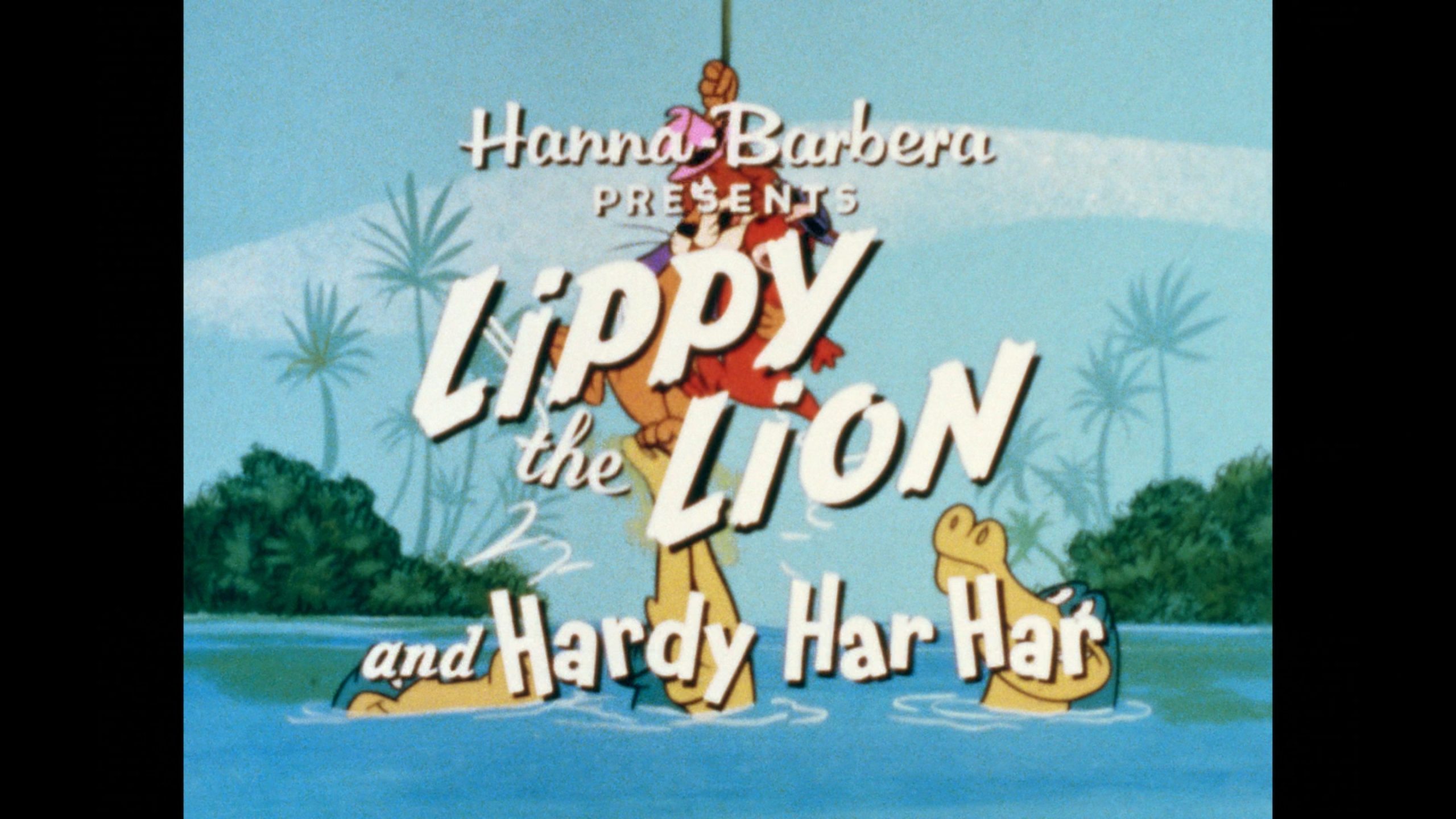
The History Channel will air the two part-documentary, Superheroes Decoded, on Sunday, April 30 and Monday, May 1 at 9PM ET/PT.
Sunday night’s airing is labeled American Legends whereas Monday night’s second part will focus on American Rebels. The filmmakers were given access to creators at both DC and Marvel Comics, thus we are able to see how the rise of superheroes also show a parallel to America’s climb as a superpower. We are shown film clips, artwork, archived material, and interviews with experts, fans, and creators alike. It’s through the eyes of American fictional superheroes that we see the story of America.
Superheroes as we know them evolved from the pulp comic book heroes but it was the emergence of Superman, created by Jerry Siegel and Joe Shuster, that created a new generation of superheroes. Superman can be seen as an immigrant who represents the DNA of modern America.
Batman was created by Bob Kane and Bill Finger. While Finger created everything we know about the Dark Knight, Batman reflects the American underworld. No matter how many times Batman’s story is told, the origin story remains the same throughout history. While Superman is idealistic, Batman isn’t. Superman reflects the heartland and while the Dark Knight represents the gritty city.
During World War 2, the superhero comics were being created by Jewish writers and artists. It was at this time that Marvel’s predecessor, Timely Comics, hires Joe Simon and Jack Kirby. They created Captain America. On the cover, Cap can be seen punching Hitler. The origin story for Cap becomes a new myth for Americans. Cap was seen as a propaganda tool but his success paves the way for creation of similar heroes.
In 1941, Wonder Woman was created by William Moulton Marston and Harry G. Peter. She took on Nazis in Europe and spies at home. The character became an icon quickly and a symbol of women’s empowerment.
The war transformed the superheroes into icons of patriotism. Superheroes became a new American mythology for coming of age in the 1940s. But after the war, the superheroes seem to lose their purpose. Very few heroes survived during the postwar period–mainly the DC trio of Batman, Superman, and Wonder Woman. Wonder Woman becomes more feminine as a a character.
During the period of McCarthyism, the focus is on juvenile delinquents and the comic book industry is attacked. Brad Meltzer had some not-so-nice things to say to Fredric Wertham. Wertham attacked the comic industry and suggested that comics are dangerous for children. This leads to the formation of the Comics Code in 1954. No publisher adheres to the Code anymore. Marvel abandoned it in 2001 while DC stopped adhering in 2011.
Superman arrived on television in 1952 starring George Reeves.
The era of censorship nearly killed superheroes. Timely Comics, under a new name of Atlas Comics, turned to monsters as a way of keeping the company alive.
Marvel starts a revolution in comics. In 1961, Stan and Jack created the Fantastic Four. These were complex heroes. Hulk, Thor, Iron Man, and the X-Men were soon created. In 1962, Spider-Man was created. Spider-Man used his powers to try and cash in but the guilt of his uncle’s death leads him to become a hero. What was it that was said? “With great power comes great responsibility.”
The rest of part 1 focuses on the campy Batman series starring Adam West as well as the movies starring Michael Keaton, which were more of a Batman story than the campy series ever was. There’s also a focus on Superman, including Superman’s death in the comics and a world without Superman.
Neal Adams talks about how Jerry and Joe their rights back. They were not doing financially well and saw that there was a movie being made in the 1970s. If not for Neal, we would never see the duo credited in all these movies and television series.
In the 1990s, comics became icons of popular culture.
With the tragedy of September 11th, superheroes came to reflect a unified society. John Cassaday was working on Cap and there was only one story he had to tell as a result. Cap travels to a Midwest town and finds a way to defeat terrorism.
In 2002, Spider-Man comes to the big screen and the rest is history.
The Christopher Nolan Dark Knight trilogy sets tone for darkness. The first film is about fear. The Dark Knight tackles terrorism in a post September 11th world and the urge to violence can backfire.






